News
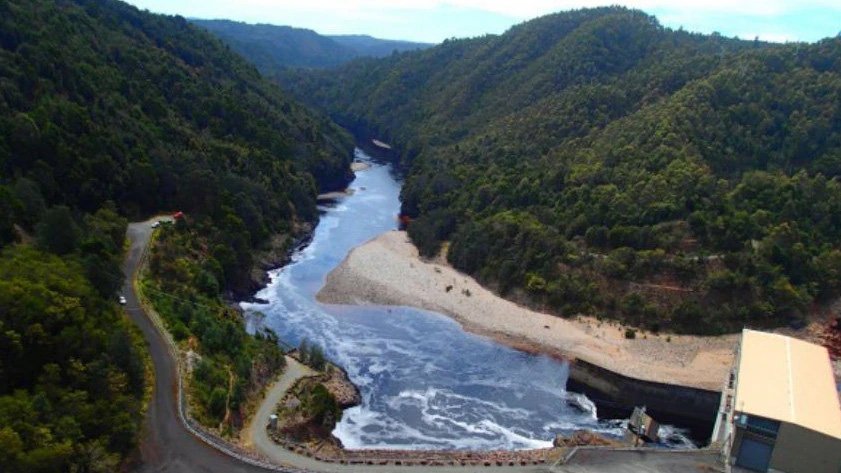
Renewables will not magically make fossil fuels go away
Despite much hype, the much-vaunted green energy transition away from fossil fuels isn’t happening. Achieving a meaningful shift with current policies turns out to be unaffordably costly. We need to drastically change policy direction.
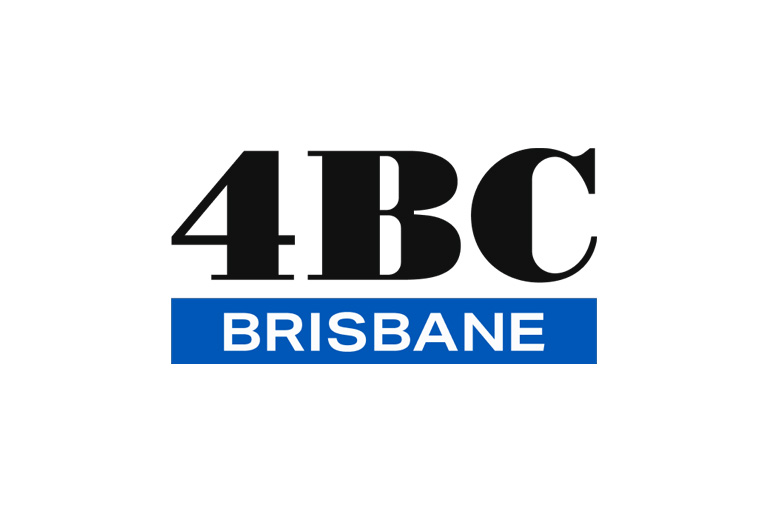
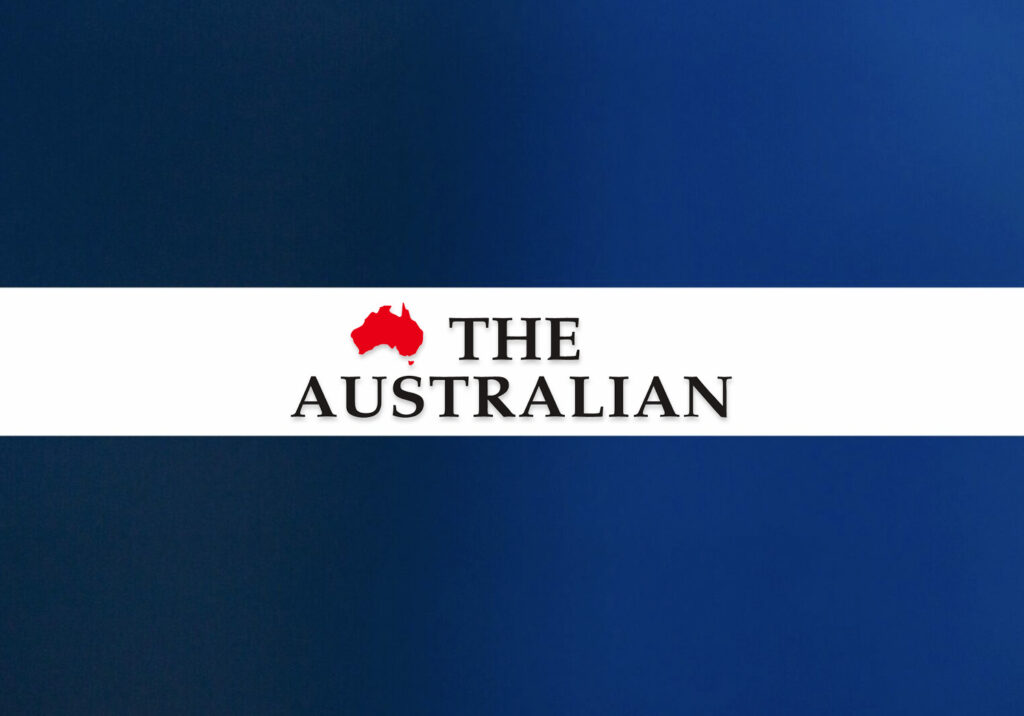
Mining is what we’re good at, so why do we take it for granted?
Our resources are rich, but rarely unique. It’s a competitive business – look what’s happened in nickel, where Indonesia and China have combined suddenly to dominate. It’s time for Australia to cease taking its only world-leading industry for granted.

Without a shift, our goose will be cooked
We need a mindset change, and we need this quickly.

Tanya Plibersek’s gold mine veto will lead to sovereign risk and ‘hijack’ of Aboriginal Heritage Act, miners warn
Miners have warned of a new and unprecedented sovereign risk to resources investment in Australia after the Albanese government’s decision to effectively kill a $1bn goldmining project in NSW on contested Indigenous heritage grounds that have been challenged by a local Aboriginal land council.

Reliable, affordable baseload power is the energy system’s main goal
Climate and Energy Minister Chris Bowen has talked a big game about the positive impact of wind and solar farms on regional communities in the energy transition to net-zero emissions.
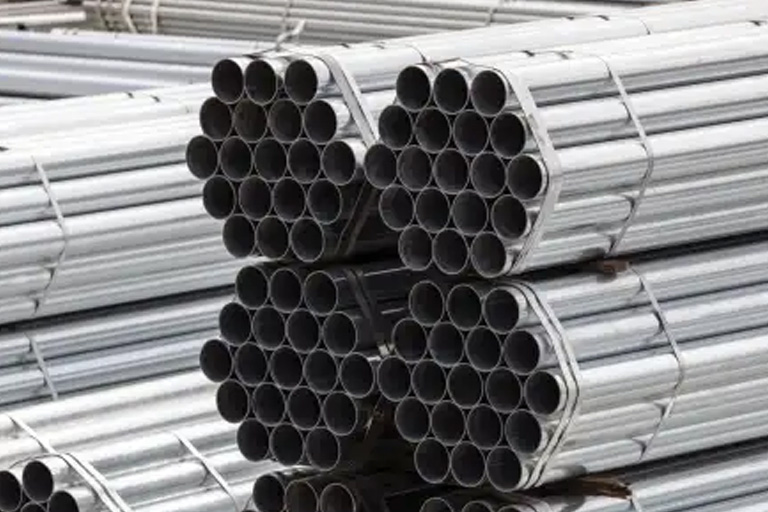
China warns winter is coming for iron ore miners
Chinese steelmaker Baowu has warned of a “long and harsh winter” ahead for the steel industry putting Australian iron ore miners on notice and sending the price of Australia’s No.1 export tumbling for the sixth time in seven days.
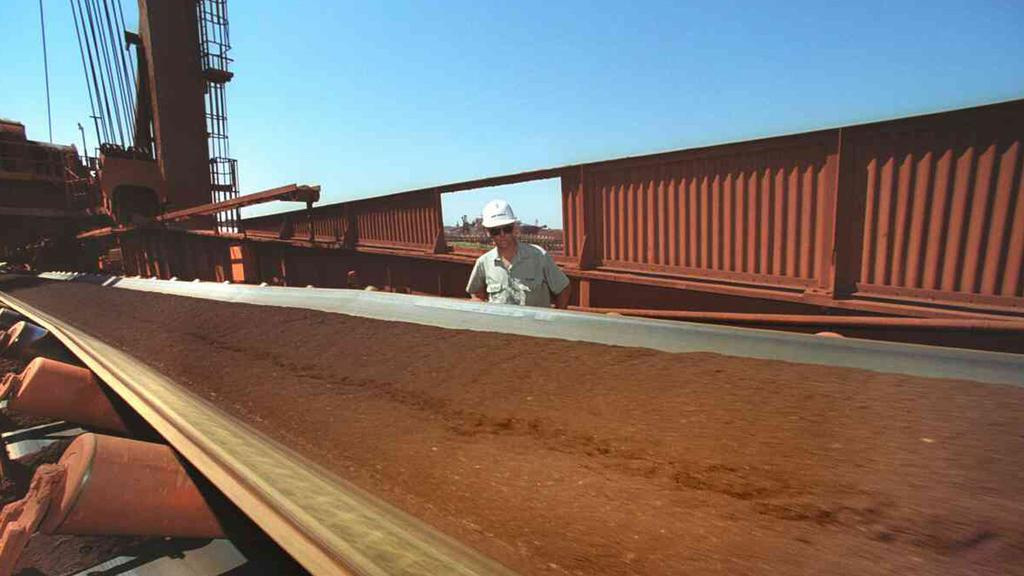
Pilbara ‘power grab’: Bosses accuse unions of exploiting ‘deliberate loophole’ in Labor’s IR laws
Employers have accused unions of a productivity-sapping power grab after they capitalised on federal Labor’s workplace laws to force BHP to start negotiating the first union collective agreement in the Pilbara for almost a decade.
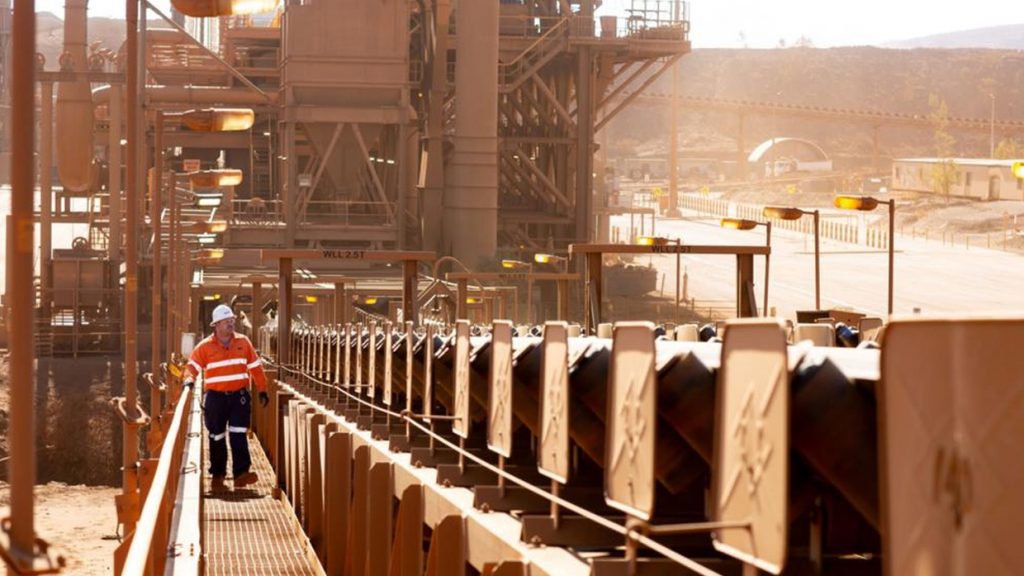
BHP and unions get ready for IR rumble
BHP and mining industry groups are preparing for a Pilbara showdown over new Federal laws aimed at making it easier to get into workplaces.

Energy bodies make case against proposed nature positive law changes
Proposed laws which would allow opponents of fossil fuel projects to hold up projects indefinitely are causing concern and uncertainty in the energy industry.
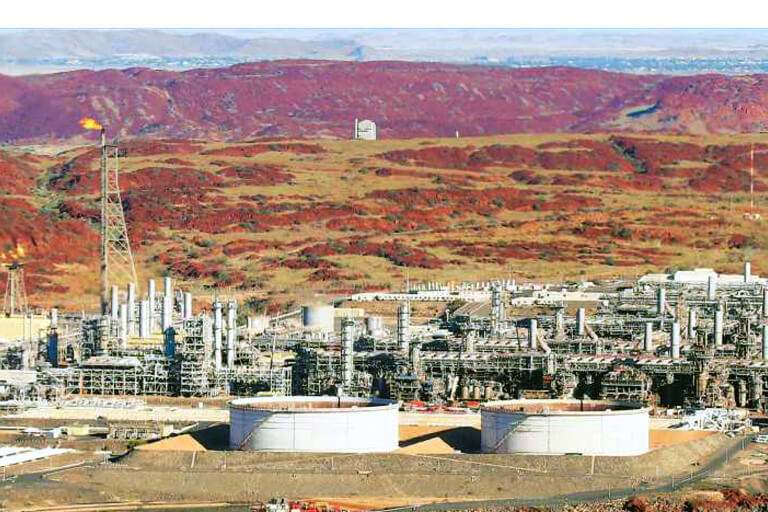
Fend for your shelf
State’s biggest resources project left hanging for 749 days as Woodside waits for outcome of environmental appeal.
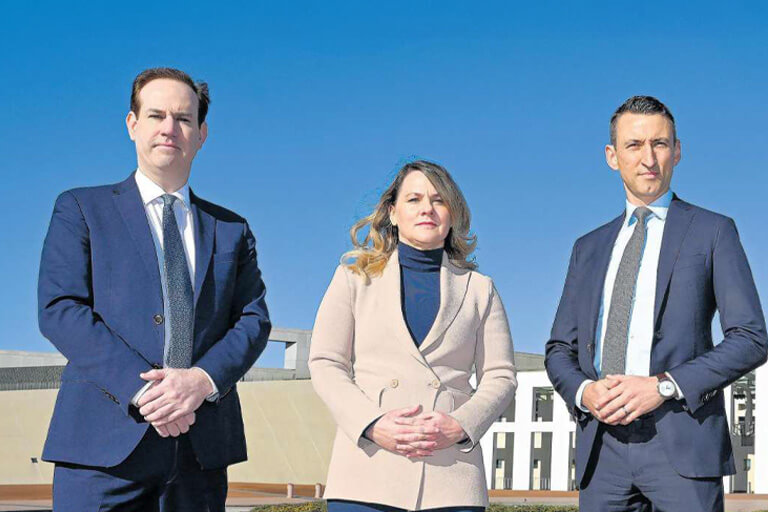
No positives in it for us
Australian business heads to Canberra’s halls of power to unite against radical environmental law reforms.